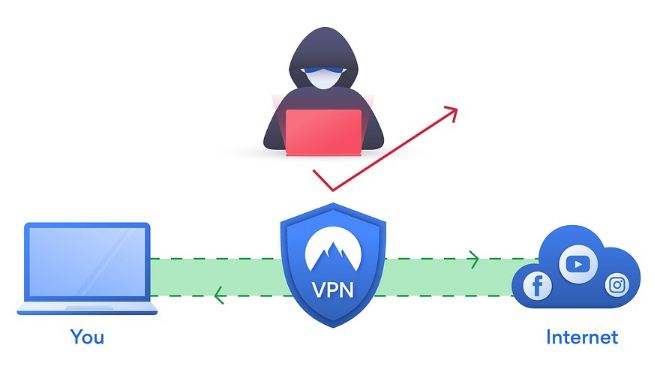For any business concerned about their privacy, the use of a VPN is imperative. Through these virtual private networks, businesses can ensure that their security efforts are effective in combating against various hackers and data breach vulnerabilities. The problem is, not every VPN is as effective as advertised. In fact, some VPNs may actually leave your organization more vulnerable to security risks. The information shared within this post will help any organization avoid selecting the wrong VPN.
The importance of a premier VPN for organizations became much more apparent when states began enforcing pandemic restrictions. Work landscapes around the world were impacted substantially. A remote workforce became the new norm, which poses a unique set of security risks for organizations to manage. It became clear that organizations would need to invest in these tools to protect their employees. How can your organization know which VPN to select, though? The aspects shared below are some of the types of VPN providers you’ll want to avoid:
Vulnerable Encryption: a VPN provides an encryption meant to defend your organization’s data, meant to ensure its privacy and security. A poor configuration makes a hacker’s job that much easier. Without proper encryption, an organization’s data is left vulnerable.
Beware of Malware: any VPN selected should be capable of detecting and protecting malware. This software is commonly used to steal financial information and other personal data from infected machines. When an organization’s data is left vulnerable, it’s possible that all of their data can become encrypted. Which requires the organization to pay ransoms to these cyber-attackers in order to regain access to their data.
Zero-Log Preferred: Avoid any VPN that runs the risk of leaking your hardware’s logs. To avoid this, look for providers that offer a VPN with a zero-log policy. Despite this being the safest configuration, any VPN is susceptible to a data leak. Ensure that your VPN is keeping your IP address hidden for additional safety.
A Sound Partnership: be sure to read the fine print before signing any deals with VPN providers, as they may be liable to collecting your organization’s data to leverage with third parties. Occasionally advertisers will be the recipients of this data, sometimes more unethical parties may receive it. Before making any decision regarding a VPN provider, be sure to read their privacy policies and do your due diligence.
If your organization seems unable to find a VPN provider fit to assist your business, no need to worry. There are additional safety tools to ensure the security of your data. Some alternatives out there that can just as easily do the same job. For more information on these tools, such as zero-trust networks and remote desktop connections, take a moment to look over the infographic paired alongside this post. Courtesy of Invisily.




